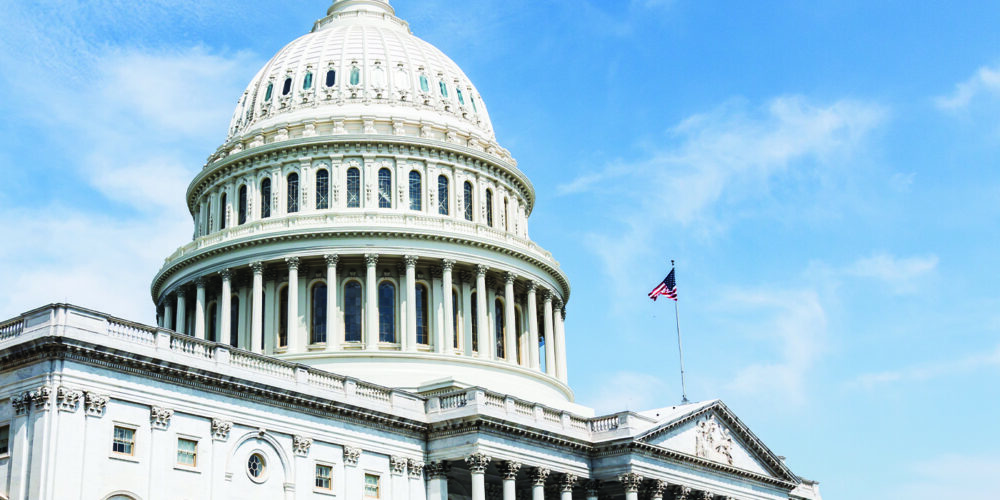 Three of the nation’s leading consumer advocates have sued the National Highway Traffic Safety Administration (NHTSA) in a federal district court in Washington, D.C., for failing to respond to a formal request that the agency require automakers to adopt advanced safety technologies that they believe could prevent or limit the injuries and property damage from an estimated 910,000 automobile crashes every year.
Three of the nation’s leading consumer advocates have sued the National Highway Traffic Safety Administration (NHTSA) in a federal district court in Washington, D.C., for failing to respond to a formal request that the agency require automakers to adopt advanced safety technologies that they believe could prevent or limit the injuries and property damage from an estimated 910,000 automobile crashes every year.
On Jan. 16, Consumer Watchdog, the Center for Auto Safety and Joan Claybrook, former NHTSA administrator and president emeritus of Public Citizen, petitioned NHTSA to require cars to use Automatic Emergency Braking (AEB) – a set of three technologies that use combinations of radar, LIDAR (reflected laser light) and cameras to alert the driver and intervene if a rear-end crash is imminent.
Under federal law, NHTSA was supposed to grant or deny the petition within 120 days – by May 12. NHTSA has yet do to so, according to the three consumer advocacy groups.
In the meantime, the groups report that on March 17, NHTSA announced it had reached an agreement negotiated behind closed doors with 20 car companies to allow them to roll out what the consumer advocacy group described as “weak” versions of the technology on an unenforceable “voluntary” basis over a 10-year period, evading formal federal safety protections, they say. Represented by Public Citizen and Consumer Watchdog, the plaintiffs filed the lawsuit on Nov. 23, asking the court to order NHTSA to issue a decision on the petition within 30 days.
The complaint states: “The danger to public safety caused by defendants’ failure to initiate a rulemaking to require AEB technologies to be installed in light vehicles counsels in favor of expeditious action on plaintiffs’ petition. The pace of defendants’ decisional process is unreasonable in light of the statutory deadline for responding to the petition … and the nature and extent of the public interests at stake.”
“This year, NHTSA has devoted enormous agency resources to ‘driverless vehicles,’ which are years or even decades away, while a safety system that is ready to start saving lives right now has been relegated to the whims of the auto companies,” said Harvey Rosenfield, founder of Consumer Watchdog and one of the lawyers in the case.
“NHTSA continues to allow automakers to introduce advanced safety features at their own pace, by issuing ‘voluntary’ guidelines with no force of law,” said Michael Brooks, acting director at the Center for Auto Safety. “For too long, the agency has postponed requiring the proven lifesaving technology of Automatic Emergency Braking. NHTSA should immediately issue a rulemaking that defines performance requirements for these systems and mandates their installation in all vehicles without delay.”
“Voluntary standards don’t work,” said Claybrook, the former NHTSA administrator and president emeritus of Public Citizen. “They protect manufacturers, not consumers. AEB is one of the most important lifesaving automotive systems available today. Yet the U.S. Department of Transportation is refusing to use its statutory authority to assure that consumers can rely on a safe AEB system in every car sold in the U.S. and won’t even answer our consumer petition for action.”
“The agency’s time to respond to the petition has long since passed,” said Adina Rosenbaum, the attorney at Public Citizen representing the plaintiffs. “The agency should end its delay at once and comply with its statutory obligation to respond.”
A copy of the lawsuit is available for download here.
A copy of the Jan. 16 petition is available here.
And a May 23 letter from the consumer advocates urging NHTSA to act on the petition is available here.











